Fertility
Tag: About Pregnancy Tests

False Positive Pregnancy Tests - What Causes Them and How Common Are They?
False positive pregnancy tests are rare - though there are instances and conditions where they can occur. Find out more here...
Tags:
About Pregnancy Tests

Marijuana Use While Trying to Conceive, Pregnant & Breastfeeding
Marijuana Use While Trying to Conceive, Pregnant & Breastfeeding - Is it safe for you and your baby? Click here to find out...
Tags:
About Pregnancy Tests
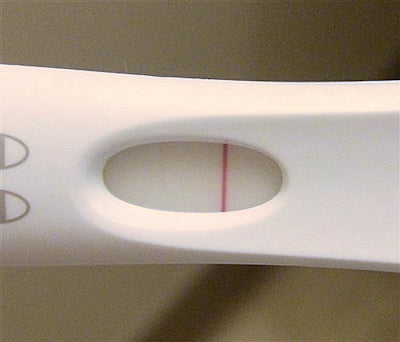
Evaporation Lines and Early Pregnancy Tests
What are Pregnancy Test Evaporation Lines? As the name suggests, evaporation lines appear due to urine evaporation within the testing area of your pregnancy test. These lines show up in the result window of the test, exactly where a positive sign would be. An evaporation line develops when the urine on the test area begins to dry, leaving a faint line. What Causes Evaporation Lines on a Pregnancy Test? These lines show up due to the particular urine specimen's composition and may appear on any test regardless of brand. You may see a clear-ish line if you read the results after the time frame the instructions stated or if you took the test incorrectly. How Common are They? Evaporation...
Tags:
About Pregnancy Tests
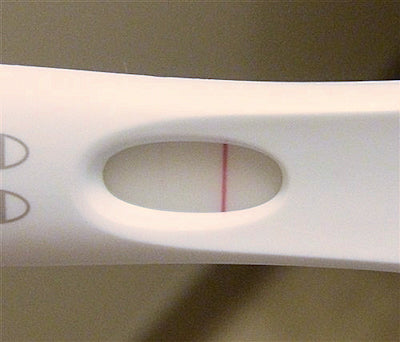
I See A Faint Line On My Home Pregnancy Test, Am I Pregnant?
Wait! Is that a line?! Am I pregnant?! Click here to learn more about what causes faint lines on pregnancy tests and what they mean. Congrats!!
Tags:
About Pregnancy Tests
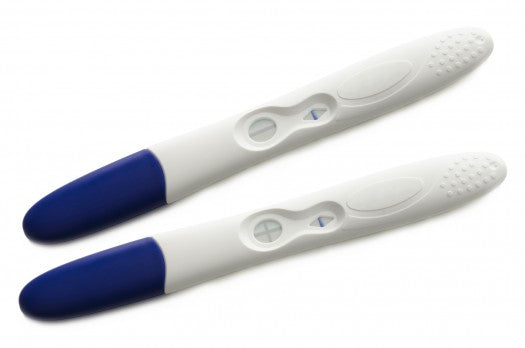
Am I Pregnant If My Positive Pregnancy Test Turned Negative The Next Day?
For many women, gathering up the courage to take a home pregnancy test is one of the most stressful experiences ever. There is nothing more devastating than to take a test one day and have a positive result only to take a second test the following day and get a negative result. Since home pregnancy tests are 97% accurate, the question about whether or not the individual is in fact pregnant is a valid one. Chemical Pregnancies and Early Miscarriages One of the most common reasons for a positive result one day followed by a negative result the following day is due to a chemical pregnancy, which is commonly known as an early miscarriage. According to Baby Centre, early miscarriages...
Tags:
About Pregnancy Tests

How Long After Ovulation Can You Take A Pregnancy Test?
You really want to know if you were successful getting pregnant this cycle but if you test too early, you may end up with an inaccurate result.
Tags:
About Pregnancy Tests

Can Blood Pregnancy Tests Be Wrong?
As a general rule, blood tests for pregnancy are more reliable than urine or home pregnancy tests. But they can be wrong. That means, they can show false negative or false positive results in some women. To understand why this can happen, we need to know what blood pregnancy tests are, how they work, and what do their results mean. At What Point Can a Blood Test Determine Whether or Not a Woman is Pregnant? Blood tests can detect pregnancy about 7 to 12 days after conception, making them a better option than most at home pregnancy tests. Unlike home pregnancy tests, they can also determine the level of hCG in your blood. How Accurate is a Blood...
Tags:
About Pregnancy Tests
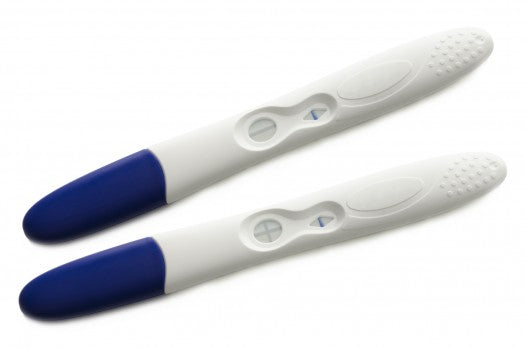
How Accurate Are Home Pregnancy Tests?
Home Pregnancy Tests (HPTs) Home pregnancy tests measure the presence of the hormone hCG in a woman's urine. HCG (human chorionic gonadotropin) is a glycoprotein hormone secreted by the developing placenta shortly after fertilization. Most doctors recommend that you wait until the first day of your missed period before taking a home pregnancy test. This is usually about two weeks after conception. However, some pregnancy tests are more sensitive than others and can be taken earlier. Home pregnancy tests are around 97% accurate when done correctly. The sensitivity of a pregnancy test determines how soon after conception, pregnancy can be detected by the diagnostic kit. Pregnancy tests with a sensitivity of 20 mIU/ml are more sensitive than tests with 50...
Tags:
About Pregnancy Tests
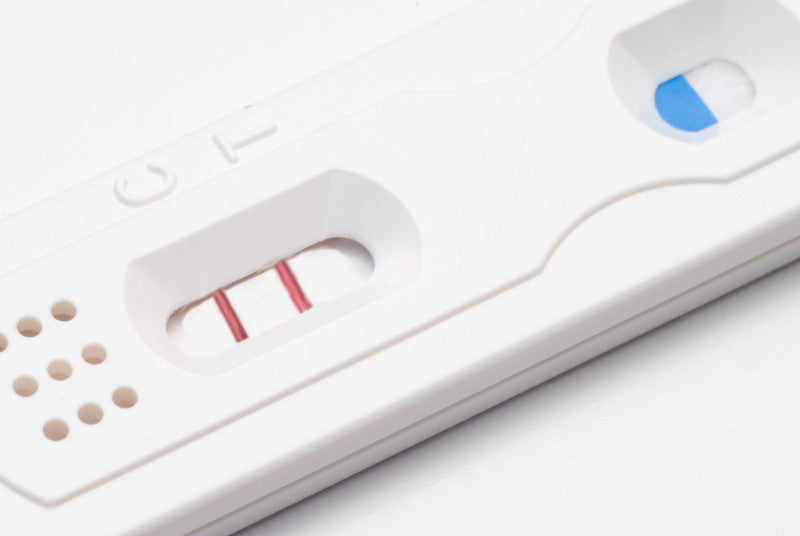
If I Had A Hcg Shot, When Can I Take A Pregnancy Test And Get Accurate Results?
Human Chorionic Gonadotropin (hCG) is one of the hormones most commonly associated with pregnancy. It is the hormone that pregnancy tests test for. Some tests are more sensitive than others are, although not all tests show the minimum hCG level measured on the box when you purchase it. The lowest level of hCG that a pregnancy test will measure is 25 mIU/mL. As pregnancy goes on, the hCG levels increase, doubling every 48-72 hours. Thus, the further along a woman’s pregnancy is, the more likely her hCG levels will register on a pregnancy test. There is an old question about whether a person can get a “false negative” or a “false positive” on a pregnancy test. As above, a...
Tags:
About Pregnancy Tests

The Mystery of the Fading Pregnancy Test
What to Know About Fading Pregnancy Test Lines If you've noticed that the line on your pregnancy test seems to fade or change, you're not alone. Pregnancy tests can sometimes give results that are a bit tricky to interpret, and a fading line can be confusing. Let’s go through why this happens, what it might mean, and how to get the most accurate results possible. How Pregnancy Tests Detect hCG Pregnancy tests work by detecting human chorionic gonadotropin (hCG), the hormone produced by the developing placenta soon after a fertilized egg attaches to the uterine lining. In the early stages of pregnancy, hCG levels rise quickly, generally doubling every two to three days. Tests are designed to...
Tags:
About Pregnancy Tests
Quick links
Search
Contact Us
Shipping Information
Helpful Info
Terms of Service
Privacy Policy
Do not sell my personal information
Contact us
About us
BabyHopes.com is a family owned and operated business, opened in January 2001. We have been serving the trying to conceive community for over 20 years.
